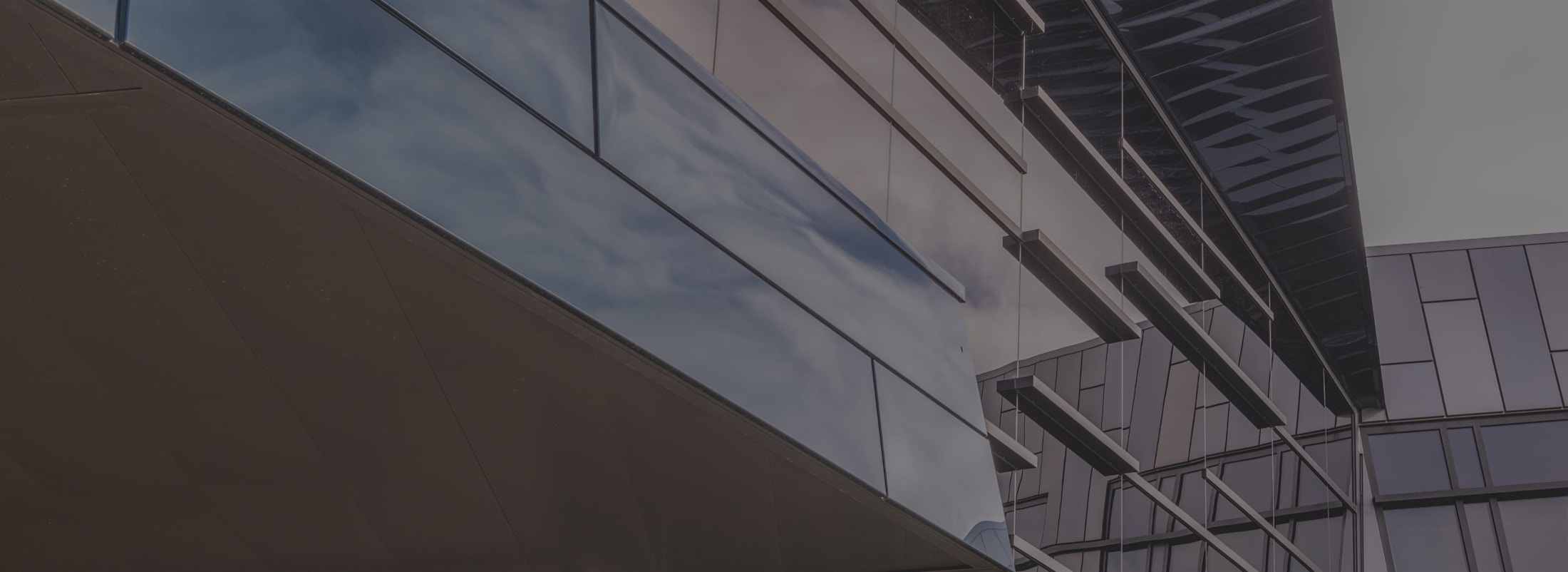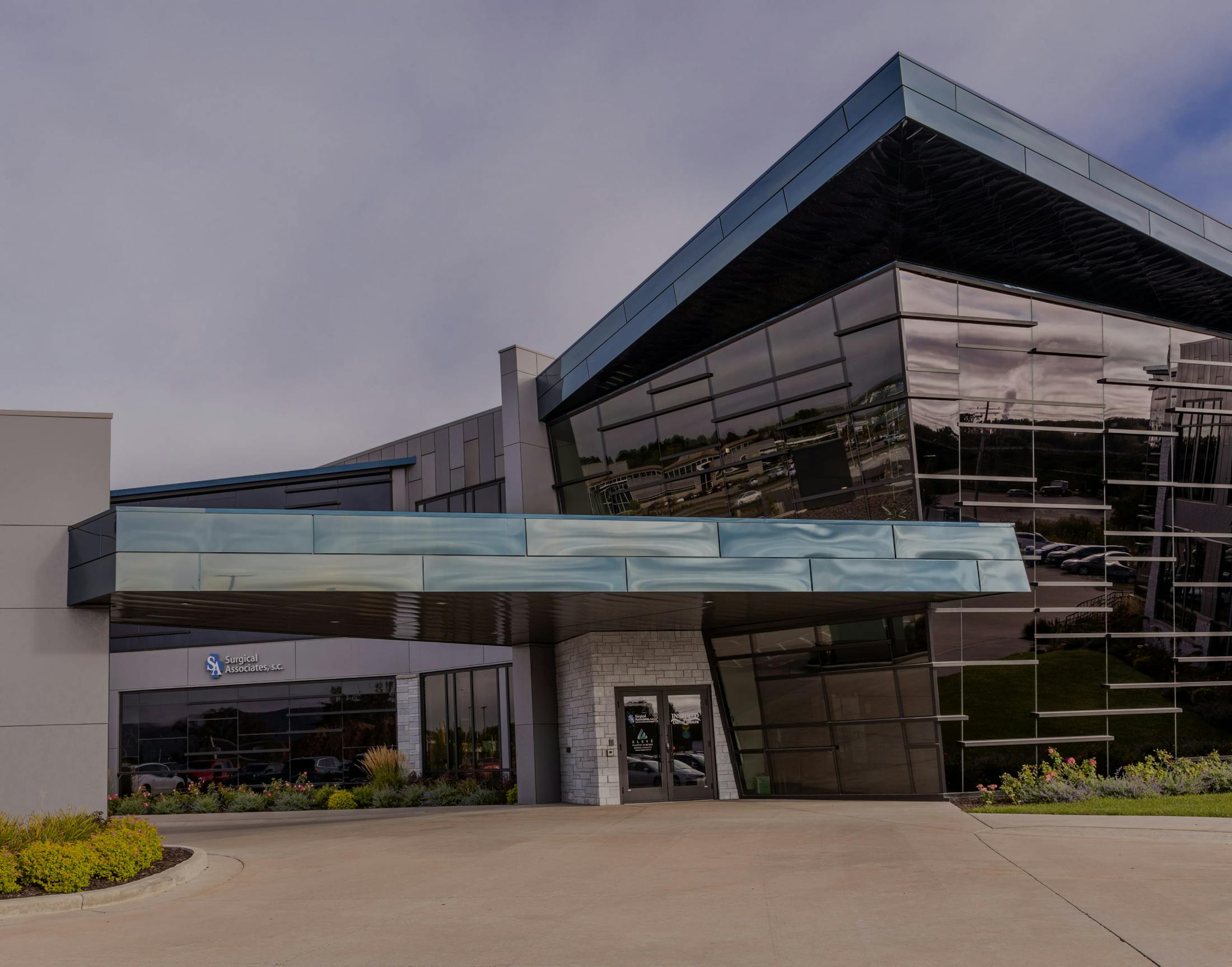For those confronting kidney failure, dialysis access isn't just an option—it's a lifeline. Choosing the right method and understanding the process are essential in selecting an effective treatment. Trust Surgical Associates is the premier choice for dialysis access in Wausau, where our blend of expertise, advanced technology, and patient-centered care is focused on the best possible health outcomes.
Benefits of dialysis access management
There are several benefits of dialysis access management in Wausau, WI. It can prolong the life of the Fistula or Graft, which are types of vascular access created for long-term dialysis treatments. An arteriovenous (AV) fistula, made by connecting a patient's own artery and vein, usually in the arm, allows for an increased blood flow rate that helps enlarge and strengthen the vein. An AV graft, which connects an artery and a vein using a synthetic tube, is a great alternative if your veins are too small or weak for a fistula. It offers better blood flow and has a lower risk of infection than other types of access.









